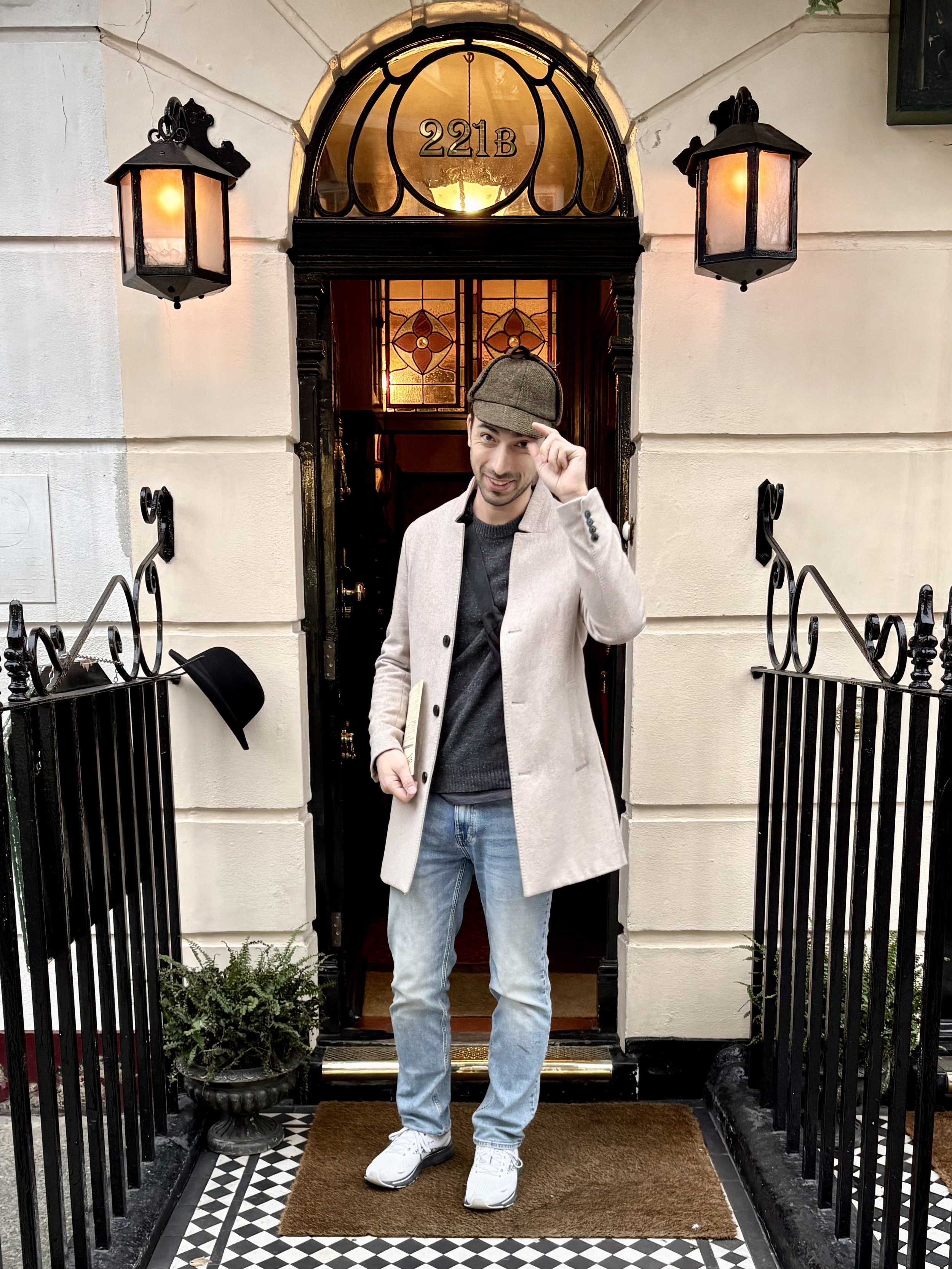Leaving and Leading: How One Idaho Native Is Reshaping Rural Mental Health
Moscow, Idaho exists as a unique college town in the Idaho panhandle, where the University of Idaho's presence creates an unusual blend of rural life and academic pursuit. When I lived there in the mid-2000s, it felt like a progressive pocket in an otherwise deeply conservative state, though much has changed in recent years. It's the kind of place that can feel like both a sanctuary and a cage - offering enough glimpse of broader possibilities to spark dreams, but often lacking the resources or opportunities to fully realize them.
Recently, I reconnected with Destinie Davis, a friend from my high school days in the mid-2000s, after sharing my own complicated feelings about social mobility on social media. Like many who grew up in Moscow, we both grappled with the challenge of building lives beyond our hometown. While I pursued music and writing, Destinie followed a path into mental health care, becoming a certified counselor specializing in trauma-focused cognitive behavioral therapy and suicide prevention. Today, she works as a therapist in Portland, Oregon, specifically serving rural communities around the city. Our conversation revealed fascinating parallels between our shared small-town background and her current work supporting others who face similar challenges.
Q: Can you share a pivotal moment from Moscow that shaped your path to becoming a therapist?
A: A defining moment came when I was diagnosed with anxiety and panic disorder at 16. In Moscow, therapy wasn't readily available – you'd have to travel to Spokane or visit one of the universities, and insurance coverage was limited. After finally accessing therapy in college, I realized how many others in Moscow must have been struggling without care. That realization drove me to want to make a difference.
Q: How has growing up in Moscow influenced your approach to working with rural clients?
A: My background gives me firsthand understanding of rural-specific barriers to healing. For instance, while teletherapy is often proposed as a solution for rural areas, many people lack reliable internet access due to geography – something city dwellers might not consider. Transportation is another major challenge. In rural areas, you need a vehicle to get anywhere, and limited public transportation means people often have to make difficult choices about prioritizing their time and resources.
Q: How do you help clients navigate the transition between rural values and broader opportunities?
A: It's about recognizing how external pressures and cultural expectations shape behavior. In rural areas, there's often strong emphasis on self-sufficiency, traditional values, and family connection. I remember hearing adults say things like, "you'll change if you leave" or "don't lose who you are." While usually said with love, these messages can create invisible barriers that limit how young people explore the world.
Q: What are the biggest challenges facing rural mental health care today?
A: While about 23% of the US population manages mental health challenges, rural communities have significantly fewer resources for treatment. Available resources often rely heavily on federal and state funding. For severe persistent mental illness, there are rarely adequate medical facilities or hospital programs in rural communities. When facilities do exist, they're typically small and understaffed.
Q: How do you approach working with diverse populations in rural spaces?
A: For BIPOC, Queer, or transgender individuals, and seasonal workers, rural life can be isolating and lonely. I know this from personal experience. I make sure to recognize everyone's identities, especially those from marginalized communities who may feel additional pressure being one of the few individuals who looks like them.
Q: Can you share a success story that might resonate with young people considering leaving their small town?
A: When I worked as a school-based therapist, I counseled a young person who was torn between going to California for school or staying to take over the family business. We worked through this challenge by recognizing that even if they wanted to work in the family business eventually, it wouldn't be happening for several years. This perspective helped them make the decision to leave for college in California, explore the world, and gain new experiences. Having supportive parents was crucial - they understood that leaving didn't mean abandoning family legacy, but rather enriching it with new perspectives.
Q: What advice would you give to young people in small towns looking to broaden their horizons?
A: I encourage them to explore and check out places they're curious about. For those worried about leaving, I remind them that their hometown isn't going anywhere – they can always return if they choose to. The key is understanding that exploring the world doesn't mean losing who you are; it means expanding who you can become. I know from personal experience that there could be many different opportunities available in larger metropolitan areas or cities. It's not about changing the community you come from, but about accessing resources and experiences that can help you grow.
Q: What's been most rewarding about your journey from Moscow to your current practice?
A: Beyond the fulfillment of helping people, the most rewarding aspect has been developing personal and professional unity. Growing up in Moscow was wonderful, and moving to Portland has been equally valuable. Living in both rural and metro locations has been vital to making me the person I am today.
This interview has been edited for length and clarity.
About Destinie Davis: After growing up in Moscow, Idaho, Destinie pursued a career in mental health care and now works as a therapist in Portland, Oregon, where she specializes in supporting rural communities. A certified counselor in trauma focused CBT and CBT for suicide prevention, her work focuses on helping individuals navigate the unique challenges of rural life while exploring opportunities for personal growth and development. For those experiencing a mental health crisis, Destinie recommends the 988 Suicide and Crisis Lifeline, which can be accessed 24/7 via phone, text, chat, or online at 988lifeline.org.


